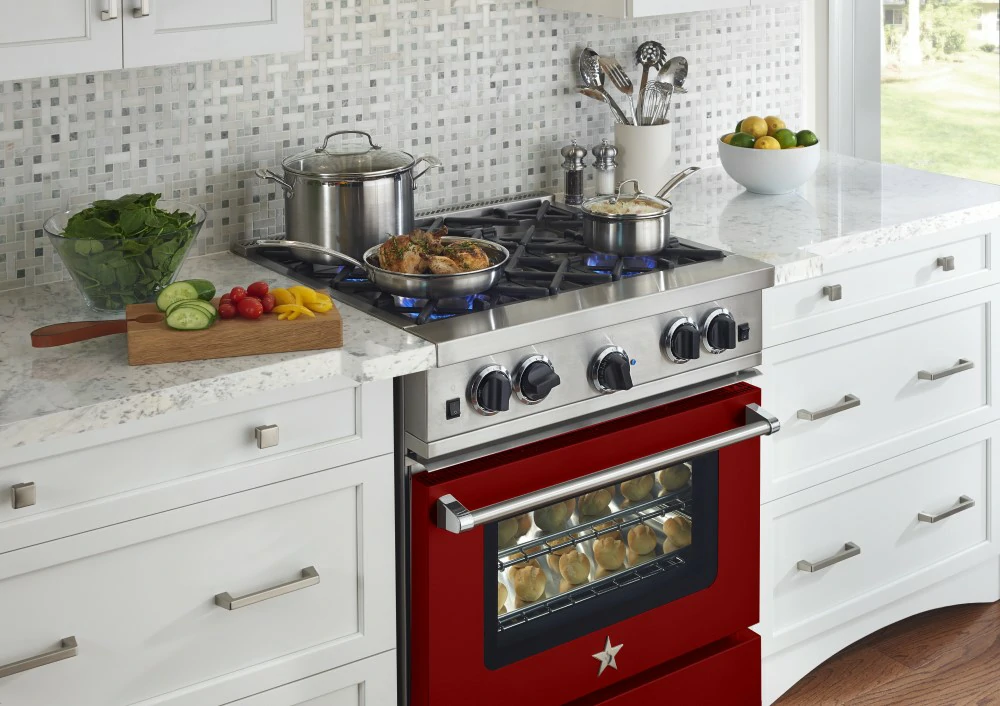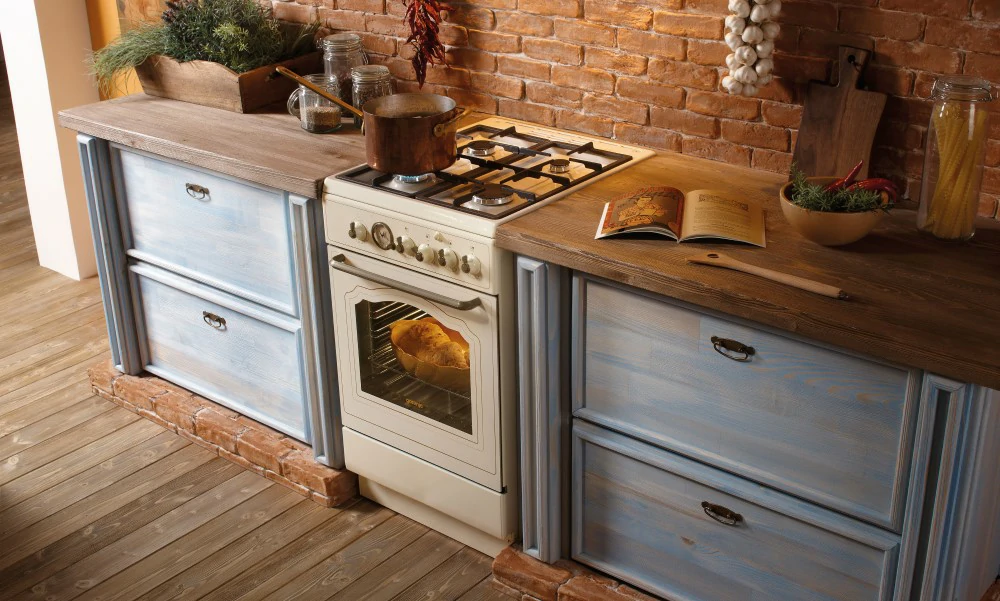Gas stoves are essential kitchen appliances that offer efficient and precise cooking. However, encountering problems like a gas oven that won’t light up but emits a gas smell can be concerning.
Understanding the Issue
When your gas stove won’t light but you smell gas, it’s important to understand the potential reasons behind this problem. One common issue could be a malfunctioning ignition system. The stove’s igniter might be faulty, preventing the burner from sparking and igniting the gas. Another possibility is a gas valve that’s not opening properly, leading to a gas buildup that you can smell.
Quick Fixes for Gas Stove Not Lighting
Before diving into more complex solutions, let’s explore some quick fixes that might resolve the issue without requiring expert intervention:

gas oven won’t light but smell gas
- Check for Gas Supply: Make sure the gas supply to the stove is turned on. Sometimes, a simple oversight can lead to the stove not lighting up.
- Clean the Igniter: Over time, the igniter can become dirty or covered in grease, hindering its ability to spark. Gently clean the igniter with a soft cloth to ensure proper functioning.
- Inspect Burner Caps: Remove the burner caps and inspect them for any debris or blockages. Clean them thoroughly and ensure they are placed back correctly.
Finding Gas Smell leak and Safety Measures
A gas smell is a serious safety concern. If you smell gas, take the following steps immediately:
- Ventilate the Area: Open windows and doors to allow fresh air to circulate and disperse the gas fumes.
- Avoid Open Flames: Do not light matches, candles, or any other open flames in the area until the gas smell is resolved.
- Shut Off Gas Supply: If it’s safe to do so, turn off the gas supply to your stove and the main gas valve.
Steps to Fix Gas Stove That Smells of Gas but Won’t Light
If your gas stove still won’t light and you smell gas, it’s time to take more comprehensive steps to address the issue:
- Safety First: Put on gloves and ensure the area is well-ventilated before attempting any repairs.
- Check Igniter Wires: Examine the wires connected to the igniter for damage. Replace any frayed or broken wires.
- Inspect Gas Lines: Carefully inspect the gas lines for any visible damage or leaks. If you notice any issues, it’s best to call a professional technician.
- Clean Burner Openings: Clear any clogs or debris from the burner openings using a small brush or compressed air.
Preventive Measures to Avoid Gas Stove Issues
Regular Cleaning Routine: Keeping your gas stove clean is one of the most effective ways to prevent issues. Cleaning the stove regularly extends its proper functioning. Here’s how to maintain a clean stove:
- Daily Wipe Down: After each use, wipe the stovetop with a damp cloth to remove spills, food residue, and grease. This prevents these substances from accumulating and affecting the burners.
- Weekly Deep Clean: Once a week, remove the burner grates, caps, and other removable parts. Soak them in warm, soapy water to loosen stubborn grime. Scrub them gently using a soft brush or sponge, then rinse and dry thoroughly before reassembling.
- Cleaning the Control Panel: If your gas stove has a control panel, clean it with a soft cloth dampened with a mild cleaning solution. Avoid using abrasive cleaners that can damage the surface.
Mindful Cooking Practices: Your cooking habits can play a significant role in preventing gas stove issues. By following these mindful practices, you can minimize the potential for spills, clogs, and other problems:
- Use Cookware with Flat Bottoms: Cookware with flat bottoms ensures even heat distribution and prevents uneven burner ignition. This reduces the chances of food residue accumulating and affecting the burners’ performance.
- Avoid Overflows: Be cautious when cooking foods that tend to bubble or overflow, such as pasta or rice. Use larger pots to prevent spills from reaching the burners and causing clogs.
- Cover Pots and Pans: Whenever possible, use lids to cover pots and pans while cooking. This not only speeds up cooking but also prevents food particles from escaping and landing on the burners.
Professional Maintenance: While DIY cleaning and maintenance are essential, scheduling periodic professional maintenance is equally important. Certified technicians possess the expertise to identify potential issues that might not be visible to the untrained eye. Here’s why professional maintenance matters:

gas oven won’t light but smell gas
- Thorough Inspection: Professionals can perform a comprehensive inspection of your gas stove, including internal components. They can identify any signs of future problems.
- Gas Line and Valve Check: Technicians can examine the gas lines and valves for leaks, corrosion, or faulty connections. Addressing these issues early prevents gas leaks and potential safety hazards.
- Component Lubrication: Professional maintenance often includes lubricating moving parts like hinges and knobs. This will help them to function smoothly and reduces the risk of jams.
- Proper Storage: When not in use, store pots, pans, and other cooking utensils in a tidy and organized manner. Avoid placing heavy or sharp objects on the stovetop, as they can cause scratches and damage to the surface.
- Avoid Using Harsh Cleaning Products: When cleaning your gas stove, opt for mild cleaning solutions and avoid abrasive cleaners, scouring pads, or steel wool. Be aware, harsh chemicals can damage the stove’s surfaces.
- Check Gas Connections: Periodically inspect the gas supply line and connections for any signs of damage, wear, or leaks. If you notice any issues, contact a professional immediately for repairs.
- Stay Informed: Keep the user manual or documentation that came with your gas stove handy. It contains valuable information about proper usage, care, and troubleshooting tips specific to your appliance.
- A gas stove that won’t light but smells of gas is a situation that requires prompt attention. Remember, safety should always be first – if you’re unsure about any aspect of trouble, don’t be afraid to seek professional help. A well-maintained gas stove ensures smooth cooking experiences.